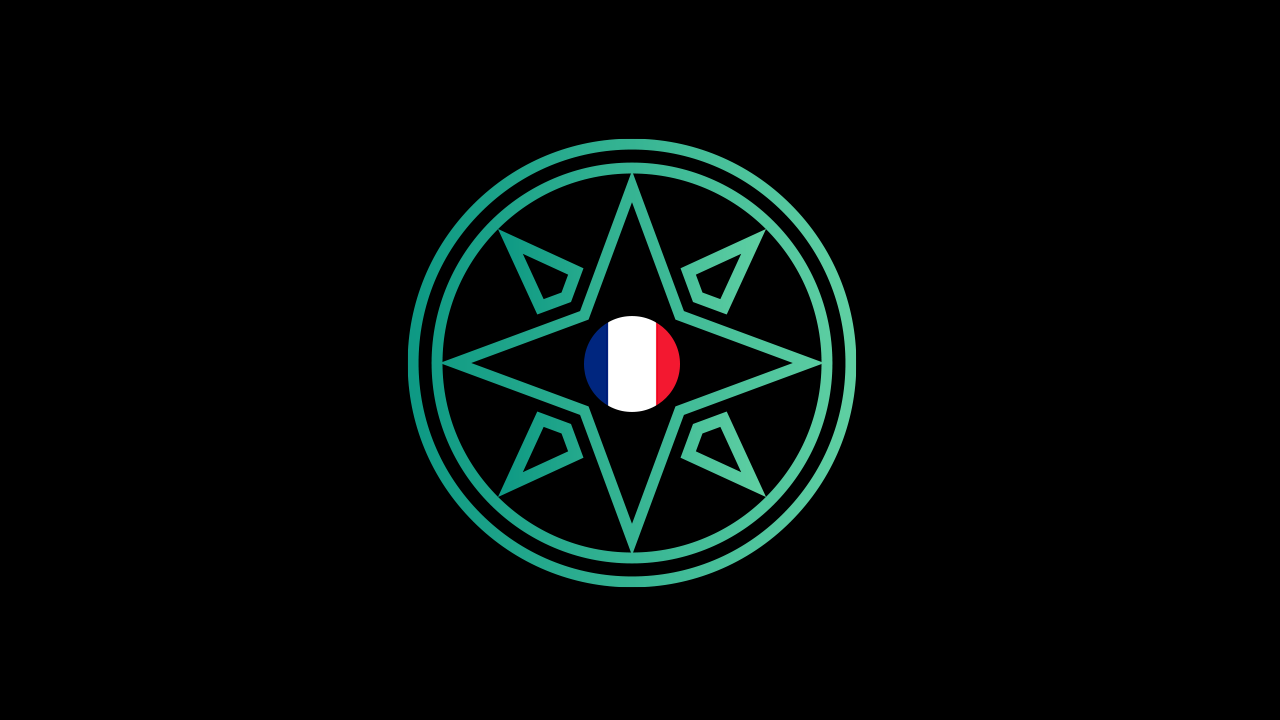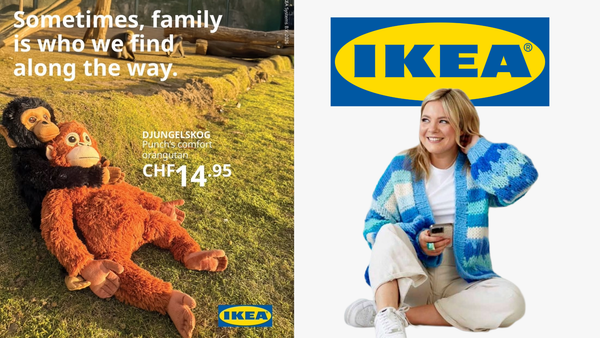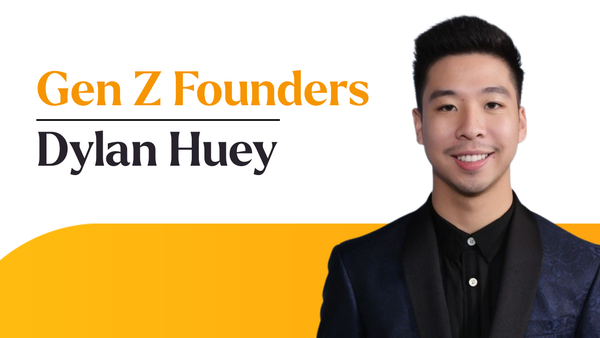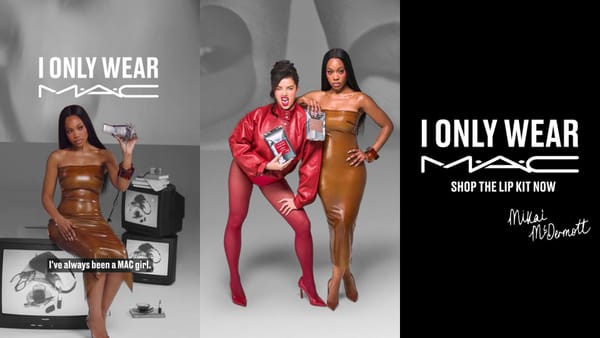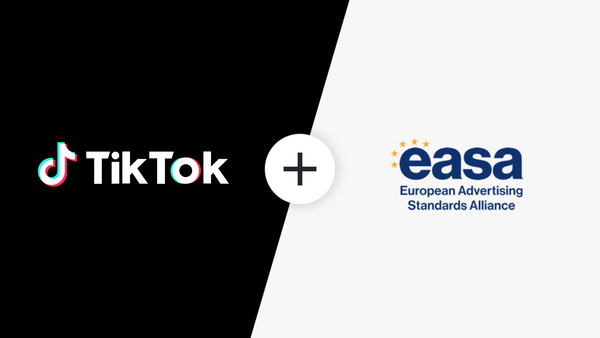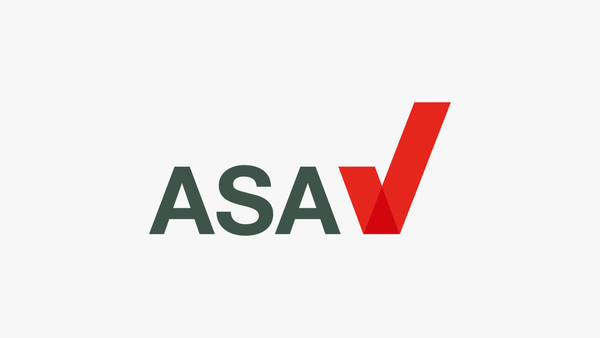Creator Compass has travelled a long way around the world so far, but now we’re landing in France to explore the influencer marketing landscape.
This week, I spoke to specialist Nada El Raheb about the changing world of influencer marketing in France.
“In general, I feel that influencer marketing is just getting more and more popular,” she said. “Of course, I mean, even some brands that never really tried influencer marketing or were sceptical about dedicating some budget to it have started testing it with a small budget. More people will trust a product or service when someone tests it rather than just standard marketing.”
What social media platforms are the most popular in France?
Like the majority of the world, TikTok, Instagram and YouTube are the most popular social media platforms in France. However, Snapchat is another up-and-coming platform for influencer marketers.
“People use Snapchat on a daily basis. Before, it was mostly teenagers, and that is still true to an extent. But influencers use it to promote products. For example, if they create an Instagram story, they also post it on Snapchat because they have a large audience there.”
Like the Spanish, local culture is incredibly important
“The French are really attached to their culture, the language, but also everything related to their culture. It’s noticeable in the customer behaviour here,” El Raheb explained. “The marketing calls from an agency or brand if it’s really targeting their culture and what they like.”
She pointed out Cédric Grolet, a French pastry chef who has made waves on TikTok.
@cedricgrolet Mix de fruits secs à grignoter comme à l’apéro mais pour le dessert ! #cedricgrolet #lemeurice
♬ Vaitimbora - Trinix
Grolet is already a successful chef with his own restaurant in Paris, however, he has harnessed the power of social media to expand his brand awareness on a global scale.
People from all over the world travel to Paris to try his desserts, which have an exclusive and luxurious appeal. Very Parisian indeed.
“With culture, you either integrate it nicely, respectfully, or you don’t play with it at all. They don’t like it to be used or manipulated.”
French audiences do trust influencers, sometimes
El Raheb noted that French consumers can be very sceptical of buyers who they believe are just trying to sell them a product. However, they are more inclined to trust influencers who specialise in a specific niche and have built their brand around it.
“A lot of lifestyle and beauty influencers promote the same products, but when they want to buy something specifically, they go to the right person for what they like.
“A lot of influencers have a good impact, but it comes with a good reputation, as well as how other influencers perceive this influencer.
English-spoken content does not perform well
According to the Organisation of International Francophonie, as of 2022, just over 320 million people speak French worldwide. This means that it’s no surprise English-speaking content does not perform well in France.
“In France, the primary language spoken is obviously French. While English is taught in schools and widely used in business contexts, the everyday language of communication, especially in casual and social settings, remains French. To create authentic and persuasive content, it’s important for influencers to speak the language their audience uses daily. French consumers are more likely to resonate with and be convinced by content in their native language.
“Language is not just a means of communication, it’s a tool for connection and trust. That’s why French influencers should ideally speak in French, and they naturally do so because they are French, when promoting products. While bilingual content can work in certain cases, it's relatively uncommon, and entirely English content tends to feel disconnected from the average French consumer.
“Additionally, France is a culturally diverse country. Many influencers may have heritage from other regions, but their communication style and audience engagement are deeply rooted in French culture and language.”
El Raheb also said that her agency colleagues struggle with English outreach. “I speak French, so I contact [influencers] in French, but my colleagues sometimes contact them in English, and the response rate is way lower. They don’t even know the language sometimes.”
Affiliate vs flat fees for creators
Like many other European countries with a high number of influencers, flat fees are preferred over affiliate links.
“I would say flat fees because they usually ask for a safety. But sometimes, brands go for an affiliate-style deal, so the influencer gets paid per download or result. You just need to find the right partners in terms of agencies and influencers. If they understand the potential behind it, it could be very interesting for them in the long term and for the agency or the brand. But, in general, the flat fee is the classic model, and everyone will accept it.
French influencers are wary of financial promotions
Like many consumers, El Raheb noted that a lot of French influencers are concerned about promoting financial products. She explained that the law has strict rules on promoting anything involving money, so influencers tend to reject all applications around advice, gambling or investing.
“Also, in general, everything that’s related to money is a bit taboo in France. People tend to have negative comments and can sometimes attack the influencer if they see them promoting just any type of products or services to earn money. So, influencers can be very picky about their collaborations.”
Consumer behaviour is very “clean”
On top of being sceptical buyers, the French are also very “clean” and “ethical” when it comes to online purchases.
“They need to see that a product is clean, especially new generations. They are more interested in things that don’t harm animals and are respectful of the environment. Even when they buy skincare products, they look at the ingredients and what’s inside it to see if it’s good or not.”
However, this does depend on the purchasing power of the person and many times, “clean” products are more expensive than others.
The “French aesthetic” is strong
I usually ask my interviewees about the future of influencer marketing in their country, specifically if it will follow the UK/US pipeline. However, El Raheb said that both creators and consumers tend to be “proud of the French aesthetic.”
“If there’s a trend in the US or UK, it then happens in Europe. It’s something we cannot deny. Let’s be honest, whatever starts in the US affects the whole world.
“But in general, I feel that people tend to be proud of the French aesthetic, the French lifestyle, and they want to preserve it somehow.
“It’s a mix of both, you know, you want to be trendy, you want to have views, so you need to hop on trends. And in general, trends are based on international music, American music. But at the same time, there’s a need to show your own identity, to preserve it and be proud of it.”
While French influencer marketing holds some similarities to its European neighbours, it’s clear that creators and consumers there have their own distinct identity they feel proud of. Whether it’s cooking up a pastry or making ethical purchasing decisions, French culture is heard loudly across the world.


